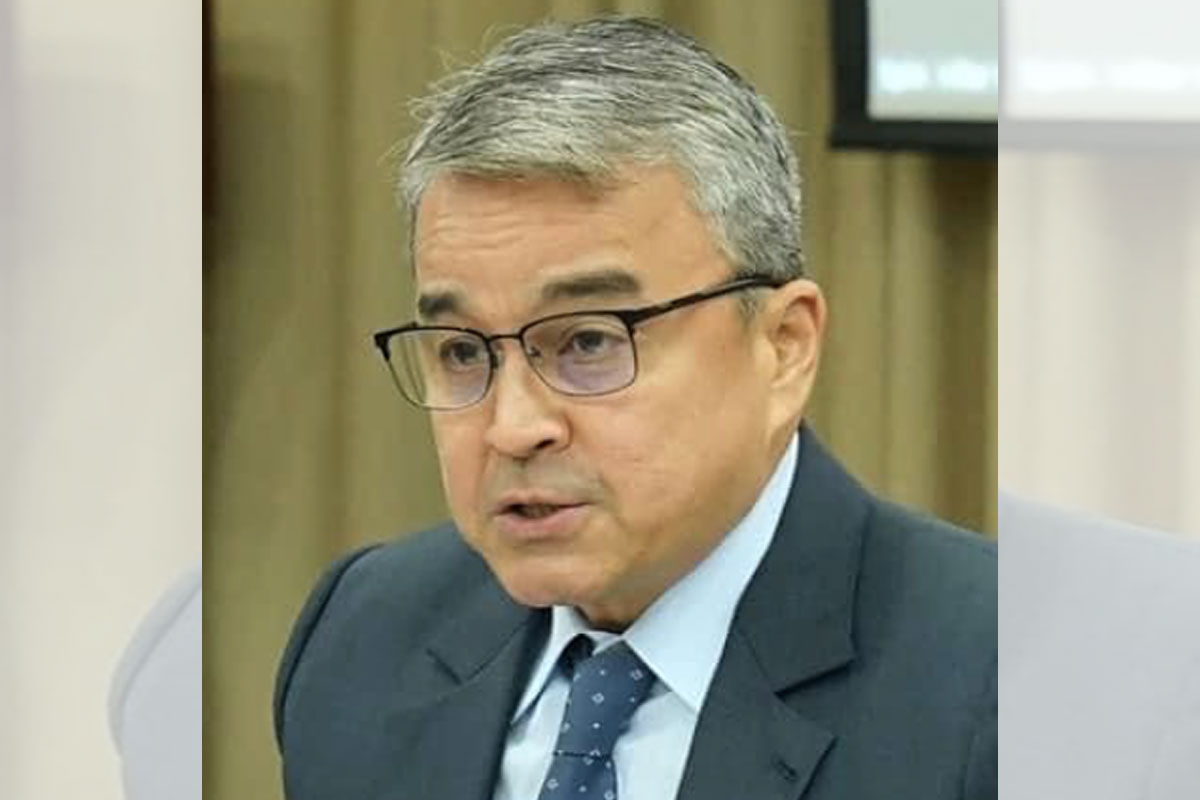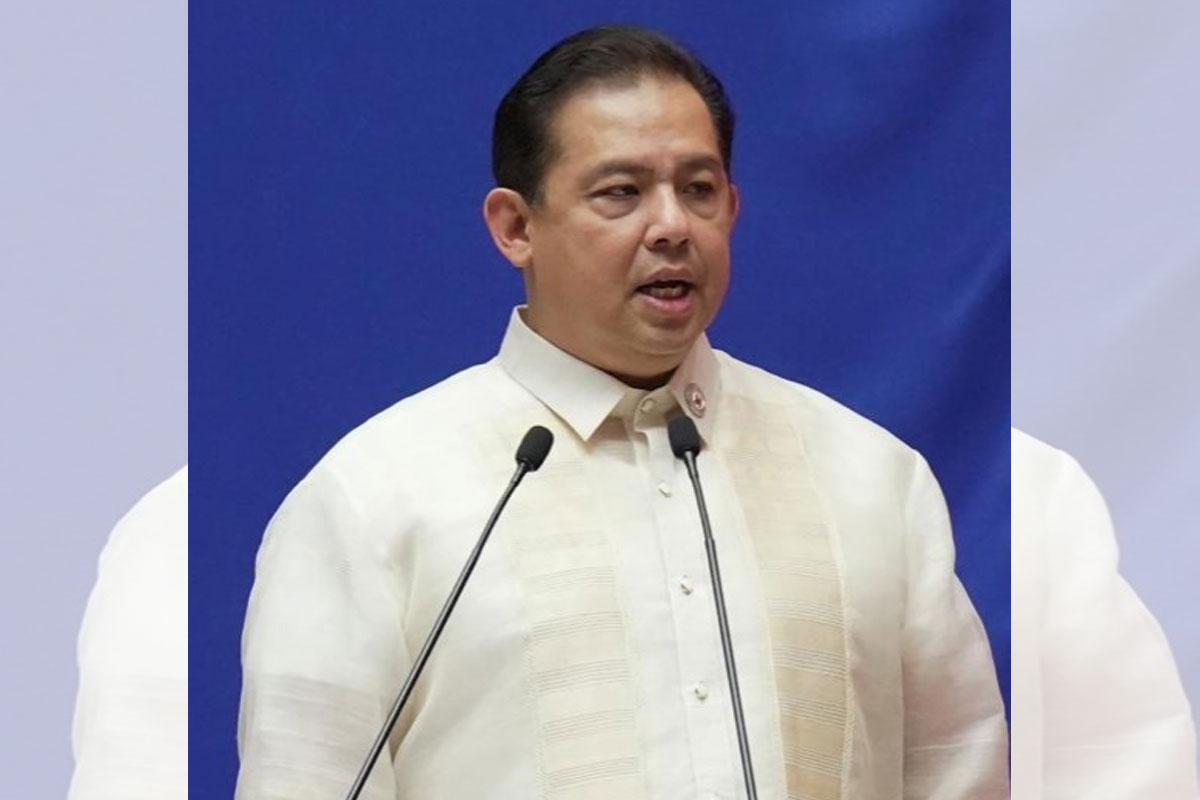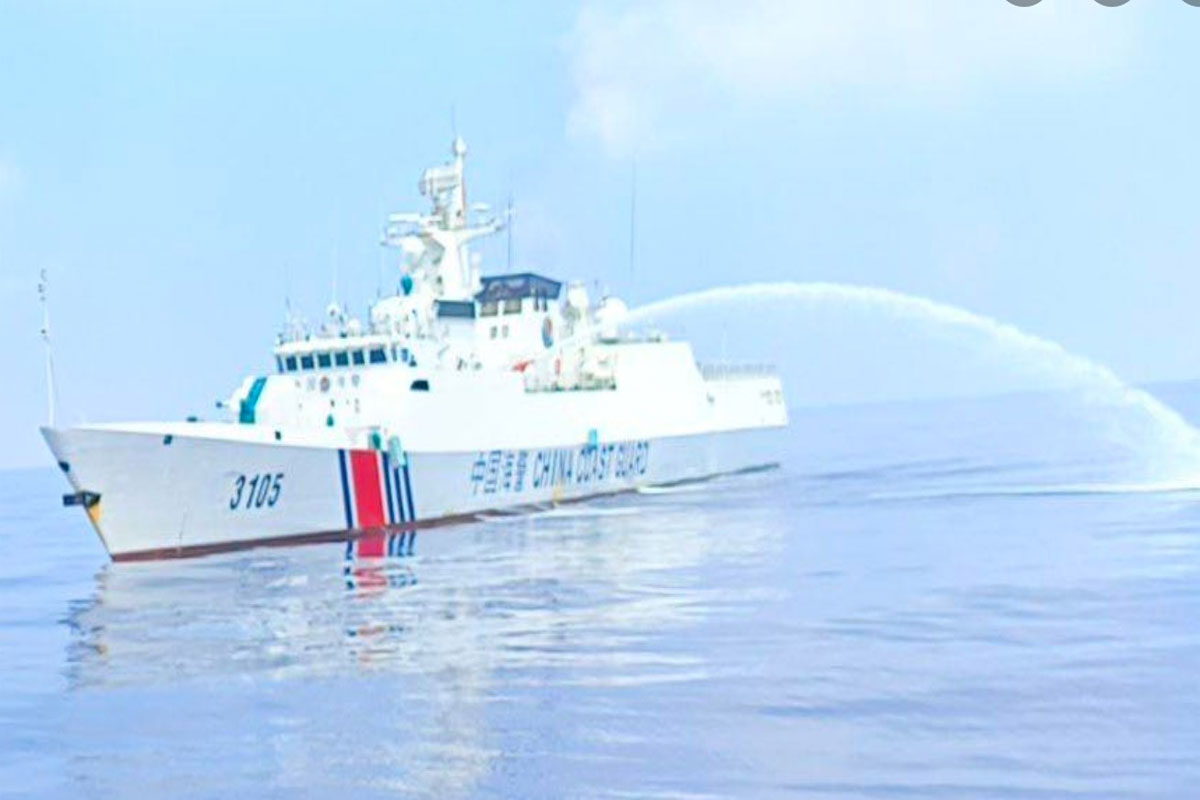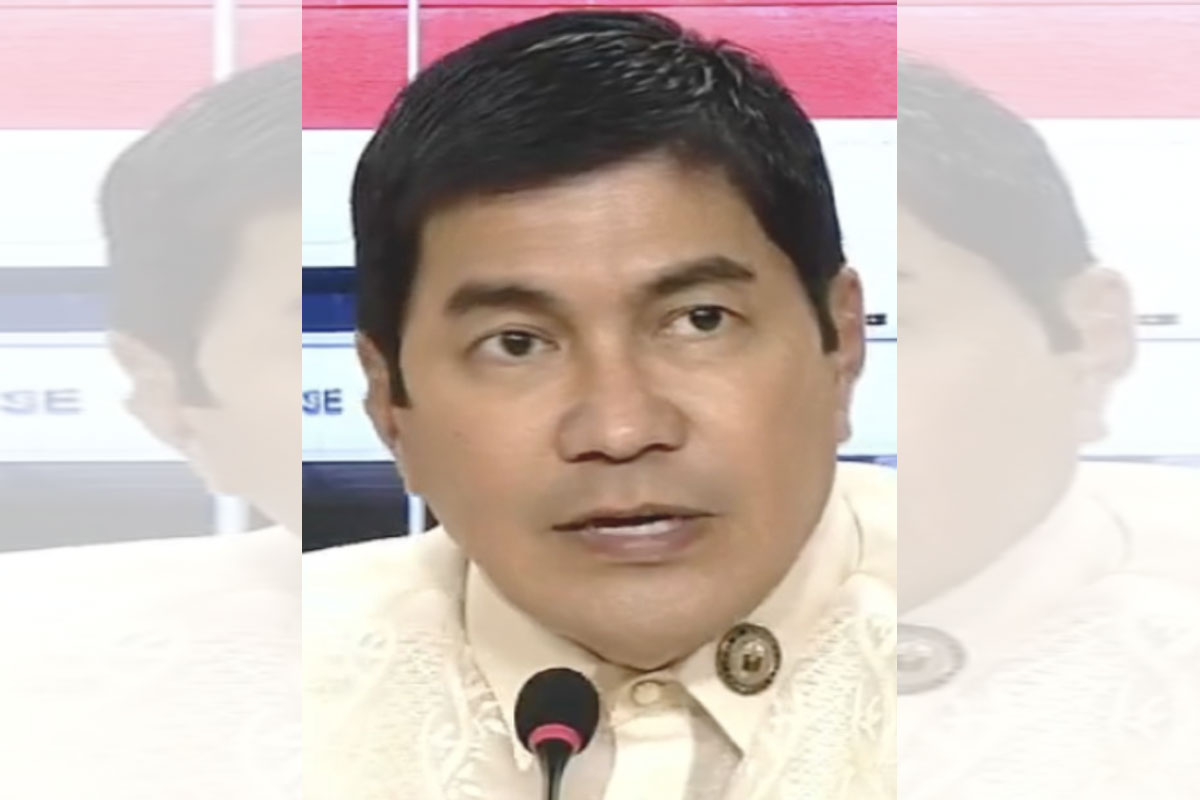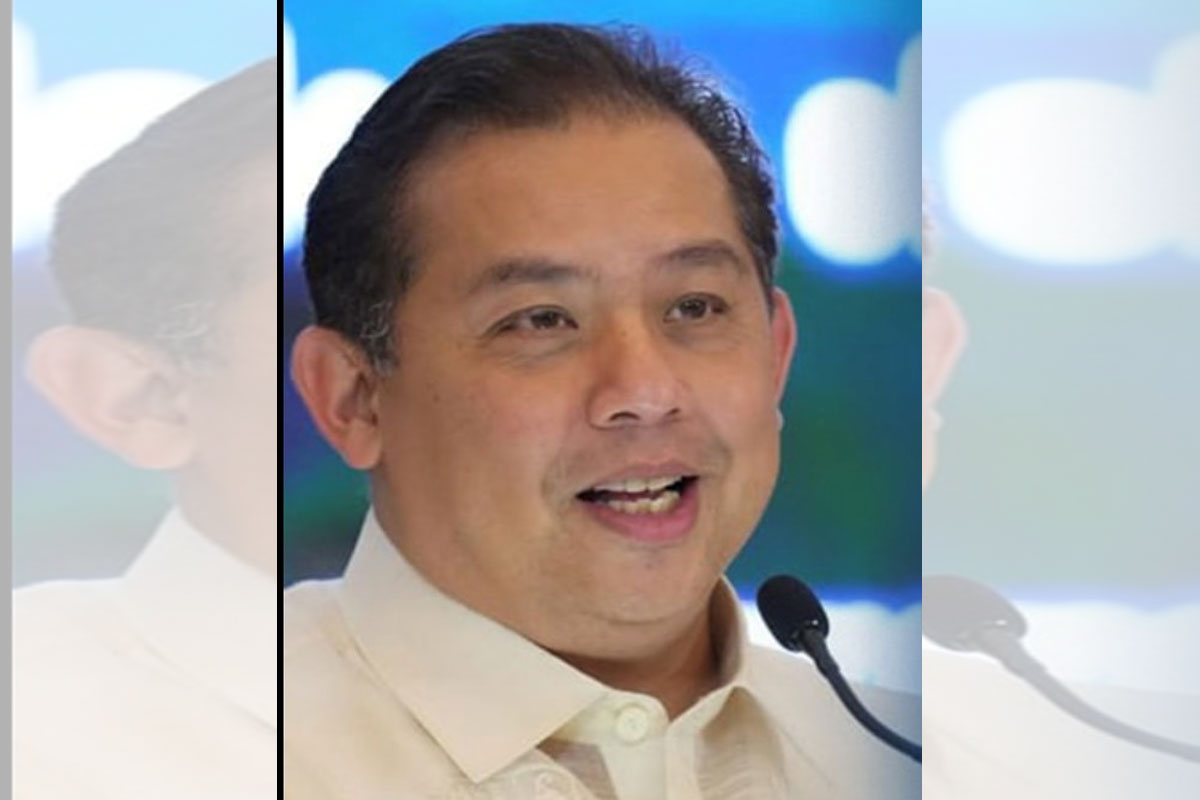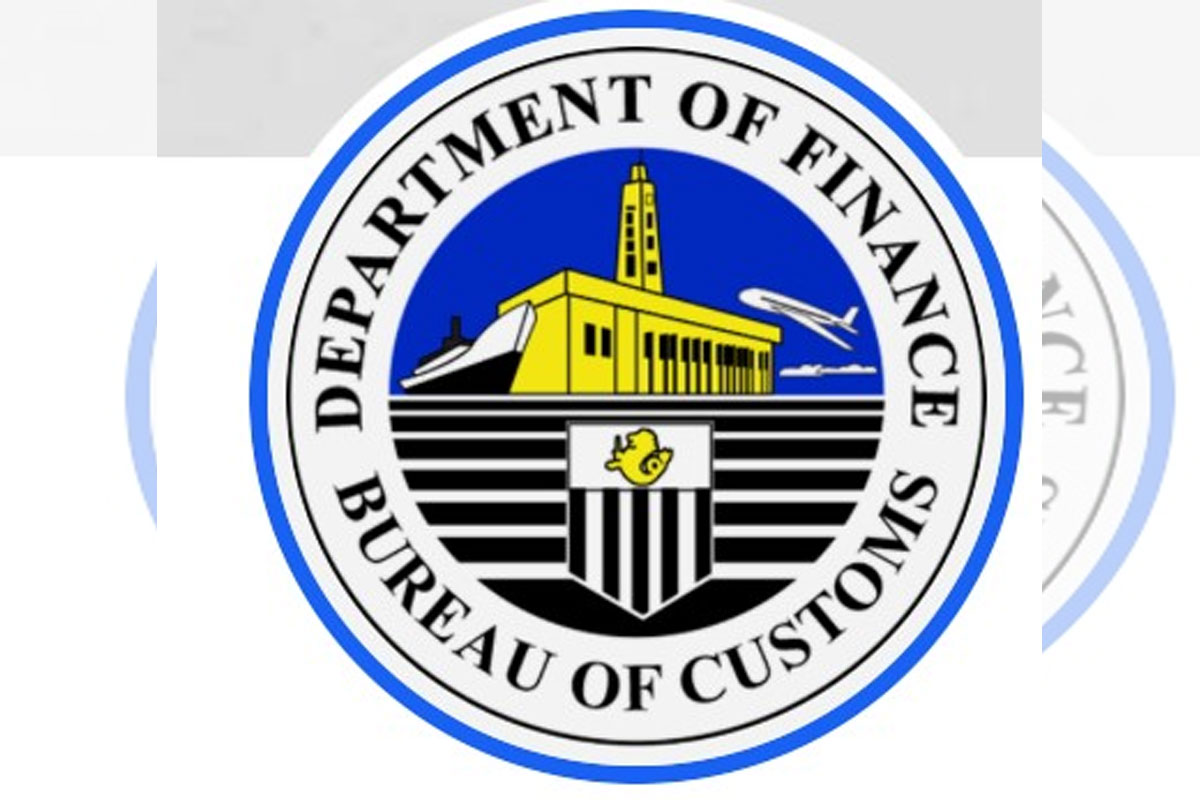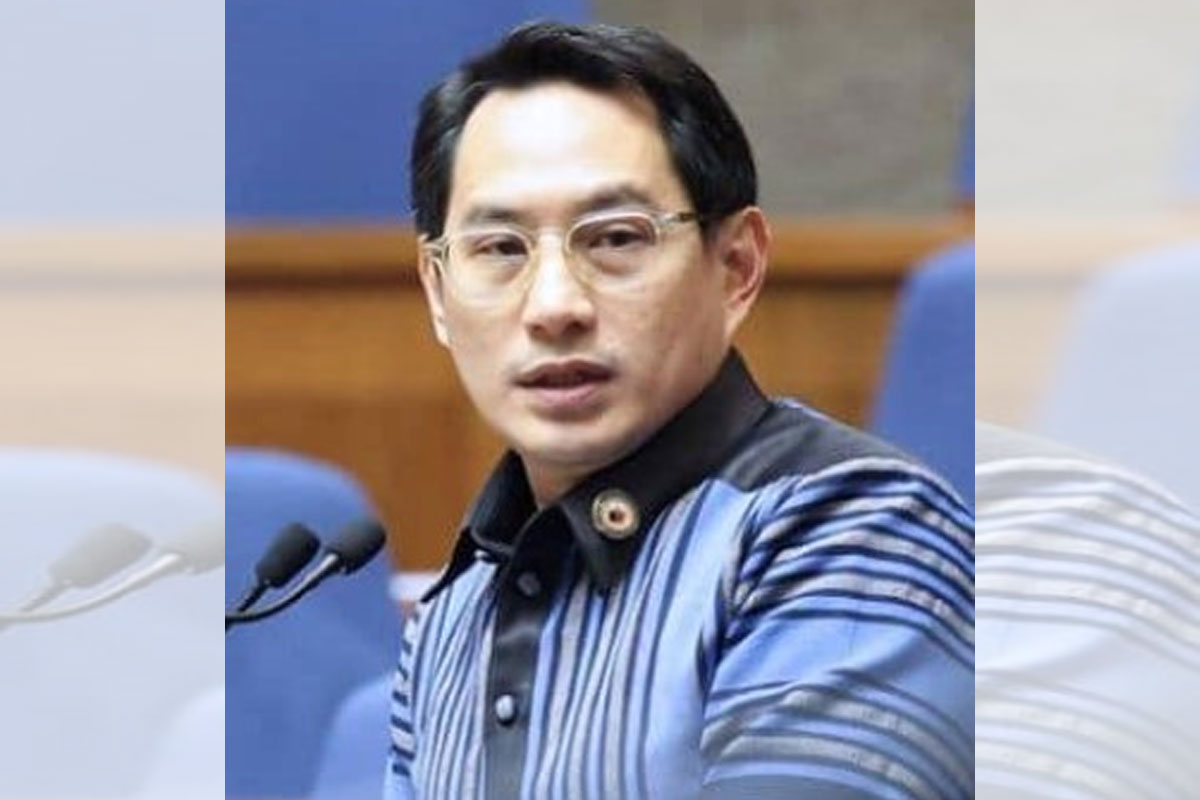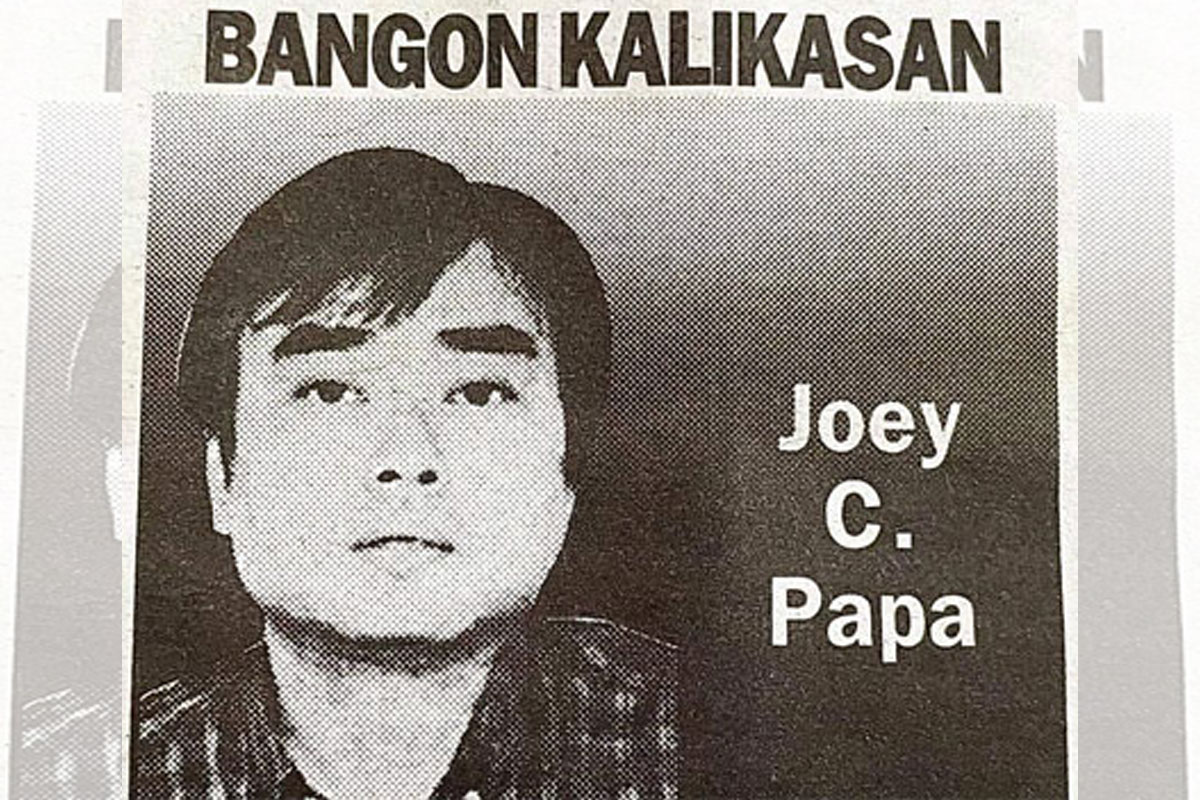
NCRPO committed to enforce PNP’s end-game strategy vs drugs — Natividad
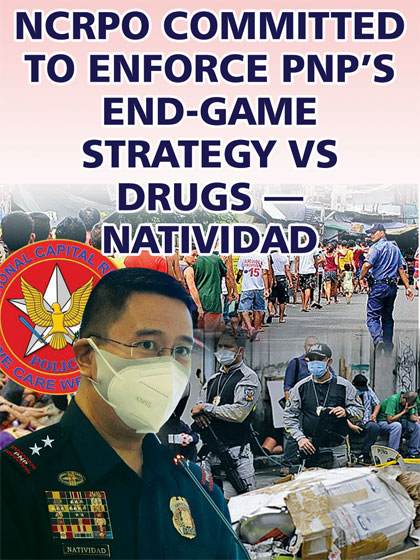 NATIONAL Capital Region Police Office (NCRPO) director, Major General Felipe R. Natividad yesterday assured their commitment to fully implement the ‘end-game strategy’ of the Philippine National Police (PNP) against the drug menace in Metro Manila which remains the hub of all illegal narcotics activities in the country.
NATIONAL Capital Region Police Office (NCRPO) director, Major General Felipe R. Natividad yesterday assured their commitment to fully implement the ‘end-game strategy’ of the Philippine National Police (PNP) against the drug menace in Metro Manila which remains the hub of all illegal narcotics activities in the country.
Called Program ADORE or the Anti-Illegal Drugs Operation through Reinforcement and Education, the project is the final phase of Oplan: Double Barrel anti-drug strategy of the PNP under the Duterte administration aimed at delivering the best result under the Philippine Anti-Illegal Drugs Strategy and its predecessor, the National Anti-Drug Action Plan.
Natividad expressed their strong commitment to fully carry out the latest PNP’s holistic approach against the drug menace in coordination with the Department of Health, Philippine Drug Enforcement Agency, Department of Social Welfare and Development and the Dangerous Drugs Board.
He maintained that the proliferation of illegal drugs in the streets of Metro Manila is one of their major concerns prompting them to intensify their anti-drug operations.
During the 1st 100 days of Natividad as Metro Manila police chief or from March 1 to last June 8, NCRPO agents have seized around P776 million worth of illegal drugs.
During the period, the NCRPO launched 3,226 anti-drug operations which led to the confiscation of nearly 114 kilograms of the so-called ‘poor man’s cocaine’ worth around P772 million; an estimated 32 kilos of dried marijuana leaves valued at P3.8 million; 28 grams of cocaine worth P148,400 and some P13,600 worth of the designer drug called Ecstasy.
“NCRPO’s campaign against illegal drugs is one of our top priorities as we have witnessed the undeniable relationship of drug proliferation and criminality in the community. Indeed, we have established a lot of gains in our first 100 days and the public can expect a more invigorated and systematized launching of operations geared to curd illegal drug activities in Metro Manila,” Natividad said.
The official said arrested during the period were 5,908 drug personalities, many of them ‘high-value targets’ who are facing non-bailable charges for sale and possession of prohibited drugs under Republic Act 9165 or the Comprehensive Dangerous Drugs Act of 2002.
” We will not rest our laurels despite the accomplishments we have achieved in line with our reinvigorated anti-illegal drug campaign. Focused as we are in the arrest of drug personalities and their cohorts, we also would like to emphasize that we are equally concerned with the rescue of drug victims/users,” Natividad explained.
The NCRPO chief said they are one with the DOH in the belief that substance use and abuse are chronic but treatable medical conditions and that treating this condition requires a holistic approach.
The PNP’s end-game strategy in the war on drugs will not only help treat and reform illegal substance victims but also prevent rogues in uniform from committing abuses, even to the extent of killing people in the guise of performing their duties, the PNP leadership explained.
One key component of the program is the extraction of information or intelligence-gathering. The PNP-OIC said it is very important that before making a drug arrest, law enforcers must have a validated intelligence report on their subjects.
Having an effective and efficient extraction of information will avoid any problem or error in identifying suspects and will prevent a few scalawags from using their authority to kill innocent people.
The PNP said it would be focusing particularly on the “rehabilitation, recovery and wellness and reintegration of the more than 1.2 million drug victims that surrendered while going after drug suppliers and traffickers at the same time.
PNP Director for Operations, Major Gen. Val T. de Leon explained that the Infinity symbol of their ADORE strategy represents a line that has no end, boundless and continues indefinitely.
Thus, the Program ADORE will be the final version of the PNP Double Barrel, focusing on 8’Es in the infinity loop namely, engineering the structure, education, extraction of information, enforcement, enactment of laws, environment, economics, and evaluation, he said.
De Leon said ADORE is anchored on a holistic anti-drug approach to eradicate the proliferation of illegal drugs in the community in close coordination with other law enforcement agencies, national government agencies, non-governmental organizations, local government units and other stakeholders utilizing the 8 Es.
The 1st track is Engineering the structure which calls for the need to have a well-defined structure where all assigned personnel are qualified to handle their specific role.
The 2nd is the Education component which is needed to deter the increase in the number of drug personalities from manufacturers down to users. The focal point of education is creating awareness, consciousness, and counter-consciousness among the small-time drug pushers and users regarding the danger of illegal drugs.
The education aspect will start within the force. After that, police will go to schools, barangays, the social media and other venues to conduct drug awareness education programs to arrest the prevalence of substance abuse.
The 3rd is the effective gathering of intelligence information followed by the Enforcement of laws specifically Republic Act 9165 or the Comprehensive Dangerous Drugs Act of 2002.
Since the focal point of the program is to reduce the drug supply, the enforcement factor will mainly focus on the supply reduction aspect which is targeting and arresting high-value individuals such as drug manufacturers, traffickers, and financiers.
Another track is the need to review defective provisions of RA 9165 which has resulted in the dismissal of criminal charges against a number of big-time targets in the past due to technicalities and problems within the law.
Citing the many problems confronting anti-narcotics officers in the streets, the PNP said that their Legal Service will be proposing laws as well as amendments to existing laws that are detrimental to the swift conviction of arrested drug personalities.
Another track is the need to have adequate spaces that will accommodate drug victims who have surrendered to authorities. The PNP leadership admitted that when the 1st version of Double-Barrel was launched, the large number of illegal drug users and pushers who surrendered to different police stations nationwide caught the PNP leadership by surprise.
The lack of space to accommodate those who surrendered also became a problem. At this point, the 6th track is the environment and the PNP thru the Directorate for Police-Community Relations will facilitate and create networks among the public and private sector to sponsor or establish rehabilitation centers to reform victims of illegal drugs.
Thru this, police will be able to make a follow-up on all those who underwent rehabilitation to see if they were really rehabilitated or returned to their old ways after enrolling in treatment centers.
The 7th track is Economics, with the PNP basing its program to the premise that a fully-rehabilitated pusher and user with a legal source of money coming from a small business or an employment will not go back to drugs.
The last track is Evaluation which has been described as very important in attaining a successful ADORE program since it would entail an impact assessment.






